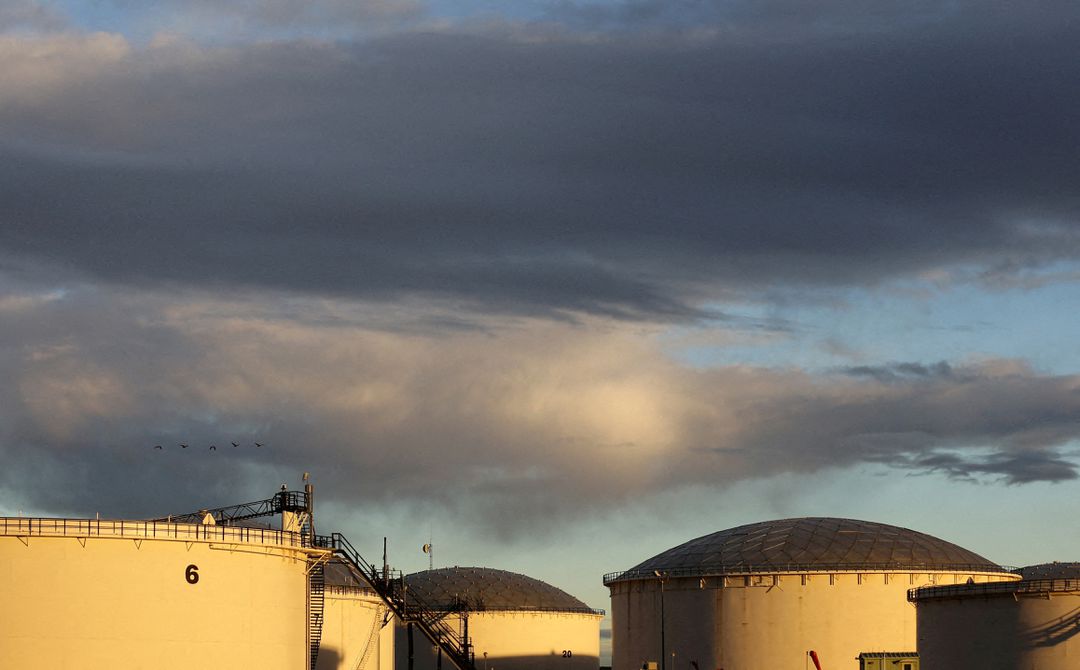
On Monday, oil prices declined in choppy trade, undoing some gains from the previous session as markets braced for the possibility that new mass COVID testing in China would affect demand. This concern outweighed ongoing worries about tight supply.
At 06:05 GMT, Brent crude futures were down $1.02, or 1 percent, at $106.00 after rising 2.3 percent on Friday.
West Texas Intermediate (WTI) oil futures for the United States fell by $1.38, or 1.3 percent, to $103.41, wiping off a 2 percent gain from Friday.
A public holiday in areas of Southeast Asia, including the oil trading hub Singapore, slowed business.
News that China had identified its first instance of a highly contagious Omicron subvariant in Shanghai and that the number of new cases had increased there from 52 to 63 since the previous day alarmed the market.
China has so far attracted the most attention in the market, according to commodities expert Vivek Dhar of Commonwealth Bank.
The discovery of the new subvariant and the greatest number of daily new cases in Shanghai since May had traders concerned that it would trigger another round of mass testing, which would reduce demand for fuel.
After the most recent COVID news from China, both benchmark crude contracts began trading lower on Monday, turned positive, and then started trading lower once more.
‘Since demand fell in the midst of COVID-19’s initial outbreak in March 2020, net long positions in WTI crude futures have dropped to their lowest level. Despite persistent indications of tightening,’ in a note, analysts at ANZ Research stated.
The market is still uneasy about Western countries’ efforts to cap Russian oil prices, and President Vladimir Putin has warned that additional penalties might have ‘catastrophic’ effects on the world energy market.
The Nord Stream 1 pipeline maintenance, which will take place from July 11 to July 21 and is the largest pipeline transporting Russian gas to Germany, is another important aspect that traders will be keeping an eye on. Governments, markets, and businesses are concerned that the shutdown may last longer owing to the conflict in Ukraine.
According to Stephen Innes, managing partner at SPI Asset Management, if the pipeline doesn’t restart as planned on July 22, Europe’s gas demand might be destroyed, which would cause an economic slowdown and reduce demand for oil.
Furthermore, it is also unknown how long the Caspian Pipeline Consortium will continue to receive additional crude from Kazakhstan (CPC). Even though a Russian court ordered the pipeline to cease operations last week, supply has so far remained on the pipeline, which transports around 1 percent of the world’s oil.

Post Your Comments